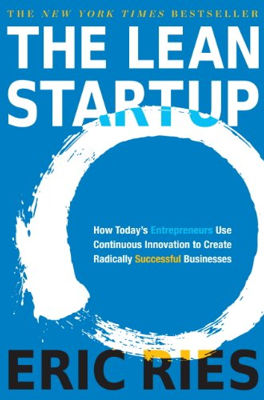Measure
The Role of Measurement in Startups
In the chaotic early stages of a startup, it's essential to measure the current status accurately by rigging hard truths, setting realistic financial models, and responding swiftly with strategic changes. Eric Ries emphasizes that most startups, even failing ones, achieve some customer growth and positive metrics, but often end up trapped in the "land of the living dead" by being overly optimistic and not facing harsh realities.
Innovation Accounting: A Game Changer
Standard accounting, while crucial to traditional businesses for managing and benchmarking, falls short when applied to the unpredictable nature of startups. Innovation accounting, however, tailors specifically to startups by focusing on experimental techniques, aiding startups in demonstrating tangible proofs of sustainable business growth.
Three vital learning milestones
Establish the Baseline: Using a minimum viable product (MVP) to establish clear, current metrics about the startup instead of guesswork.
Tune the Engine: Iteratively tweaking the product or processes based on feedback to improve growth model drivers like customer acquisition costs or customer lifetime value.
Pivot or Persevere: Deciding whether to pivot, i.e., make a significant strategic change, based on whether the current path is leading towards the business model ideal or diverging away.
IMVU: A Case of Innovation Accounting
In the early days of IMVU, despite numerous product improvements, significant increases in user engagement did not lead to equivalent revenue increases. By acknowledging this mismatch through innovation accounting, they pivoted from a messaging add-on to a standalone social network for new friendships, which dramatically aligned their offerings with customer desires.
Optimization Versus Learning
Optimization in startups isn't as straightforward as in established companies because if the foundation is off-mark, no amount of optimization can lead to success. Startups must establish a business hypothesis that provides real value and continually tests that hypothesis through actionable metrics.
Grockit’s Learning Approach
Grockit incorporated actionable, accessible, and auditable metrics to guide product development, shifting focus from merely building features to validating their direct impact on user behavior and business growth.
The Importance of Cohort Analysis and Split-tests
Cohorts and split-tests were essential in providing Grockit and other startups with clarity on what tweaks or features contributed to genuine improvements in customer acquisition and retention, bypassing the misleading signals from vanity metrics.
Conclusion on Startup Measurement
Measuring progress through innovation accounting and continuously testing business hypotheses are central to a startup's ability to pivot effectively and avoid wasting time on unproductive paths. The real success in startups lies not in the big idea or strategy sessions but in relentless, informed experimentation and learning.
